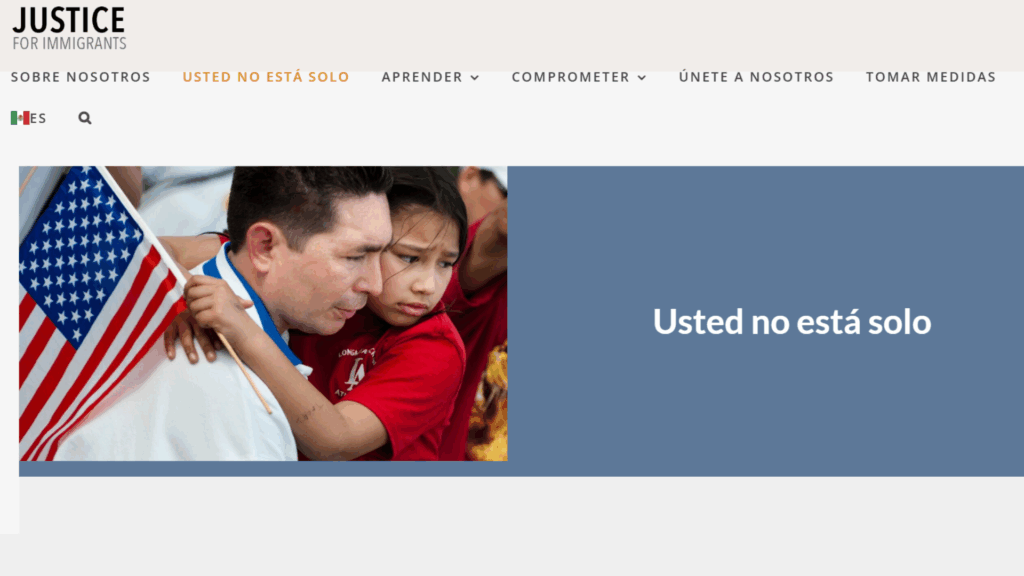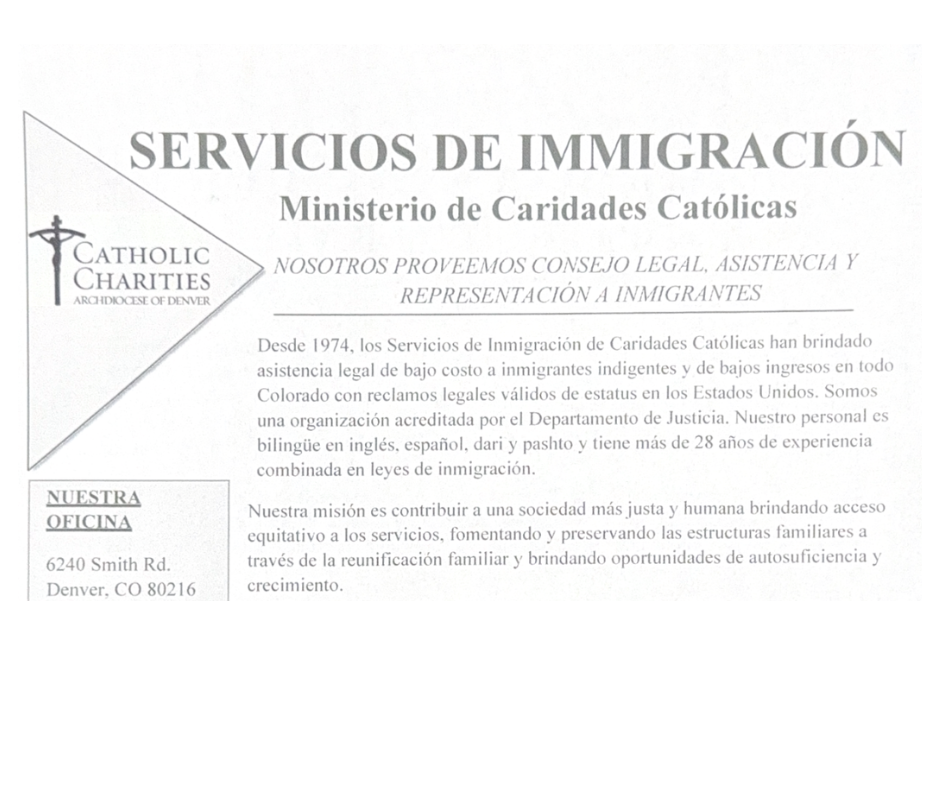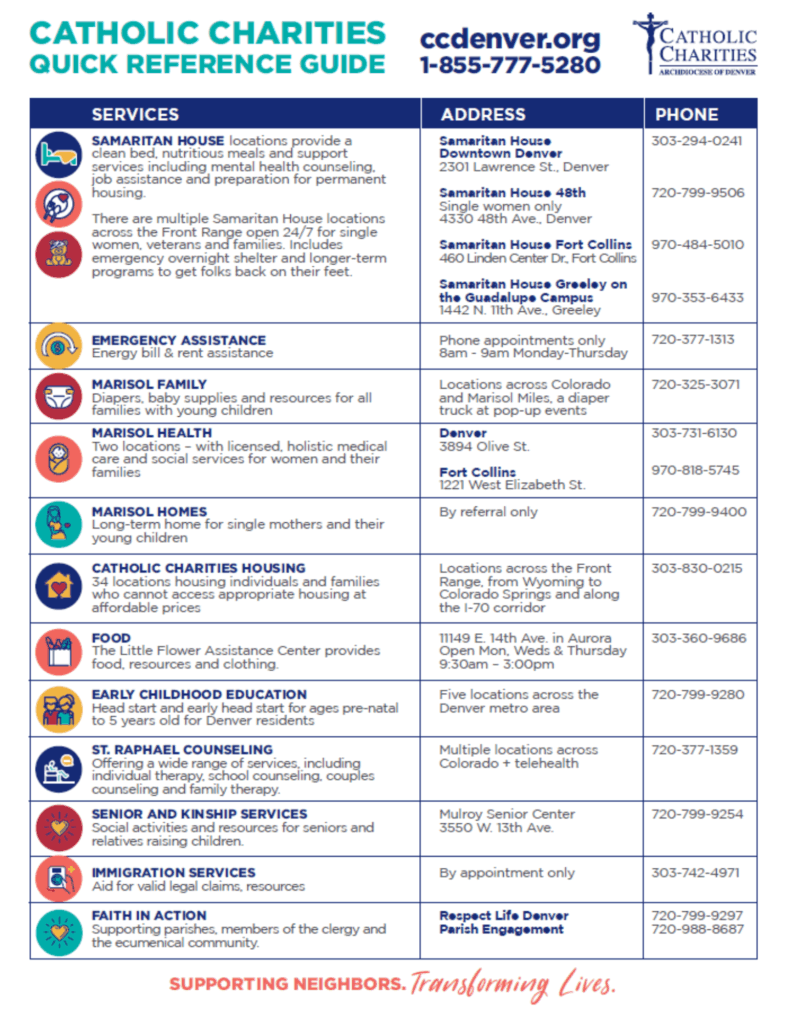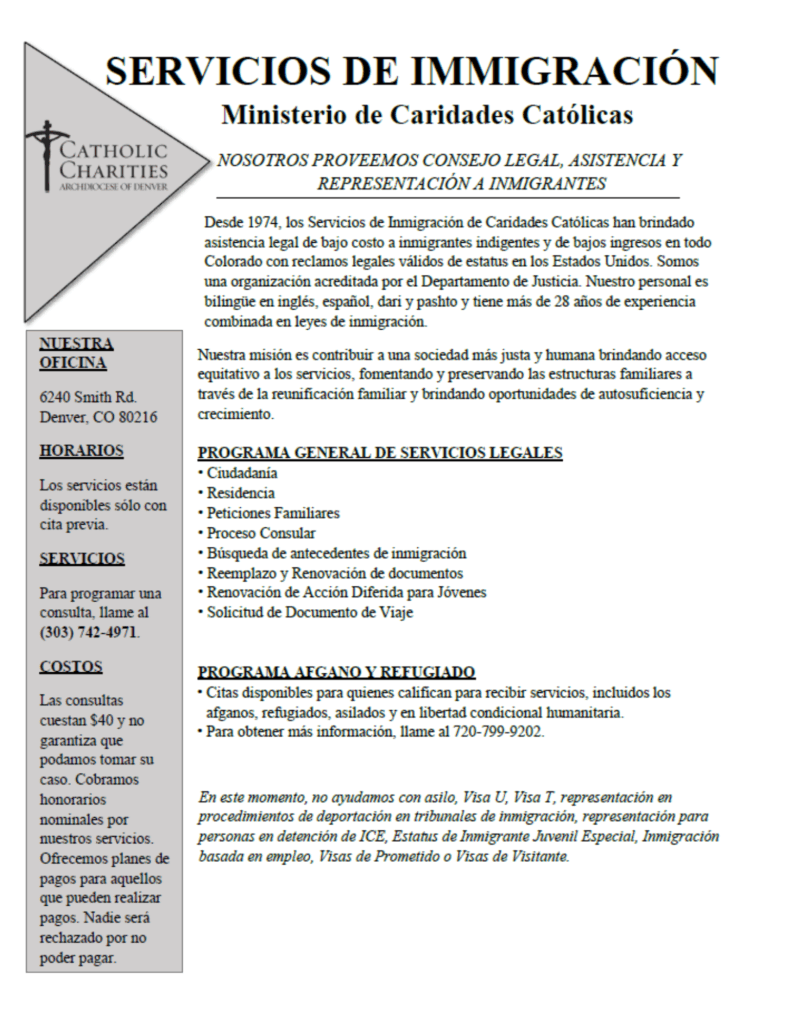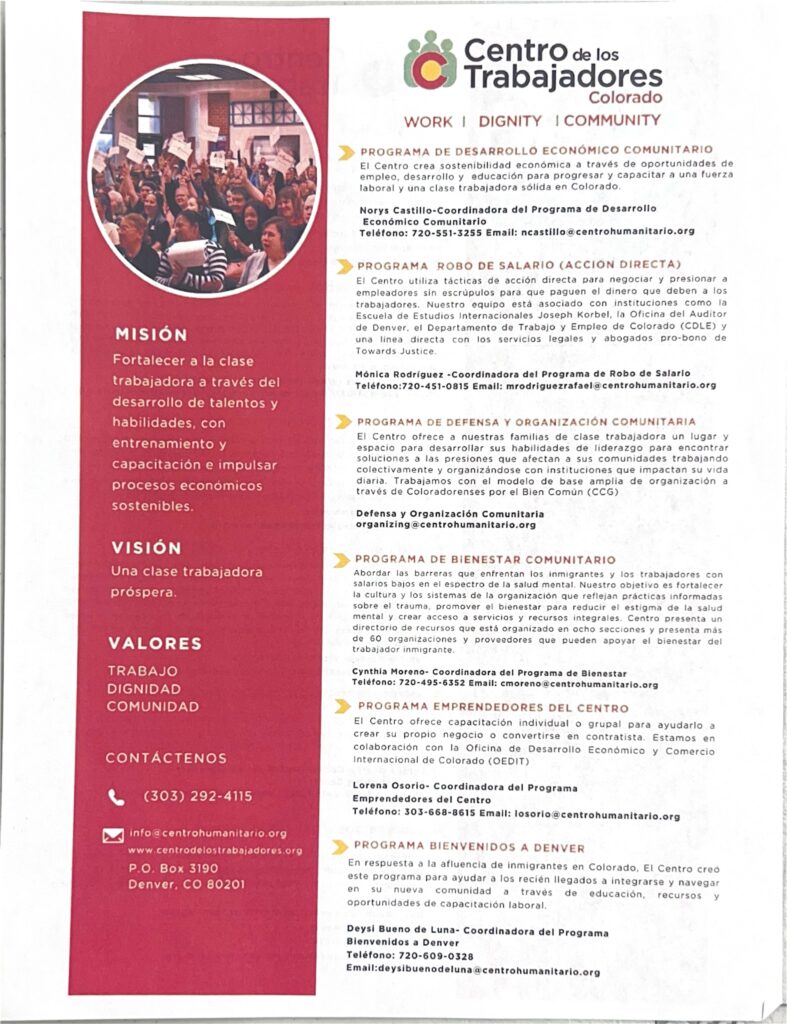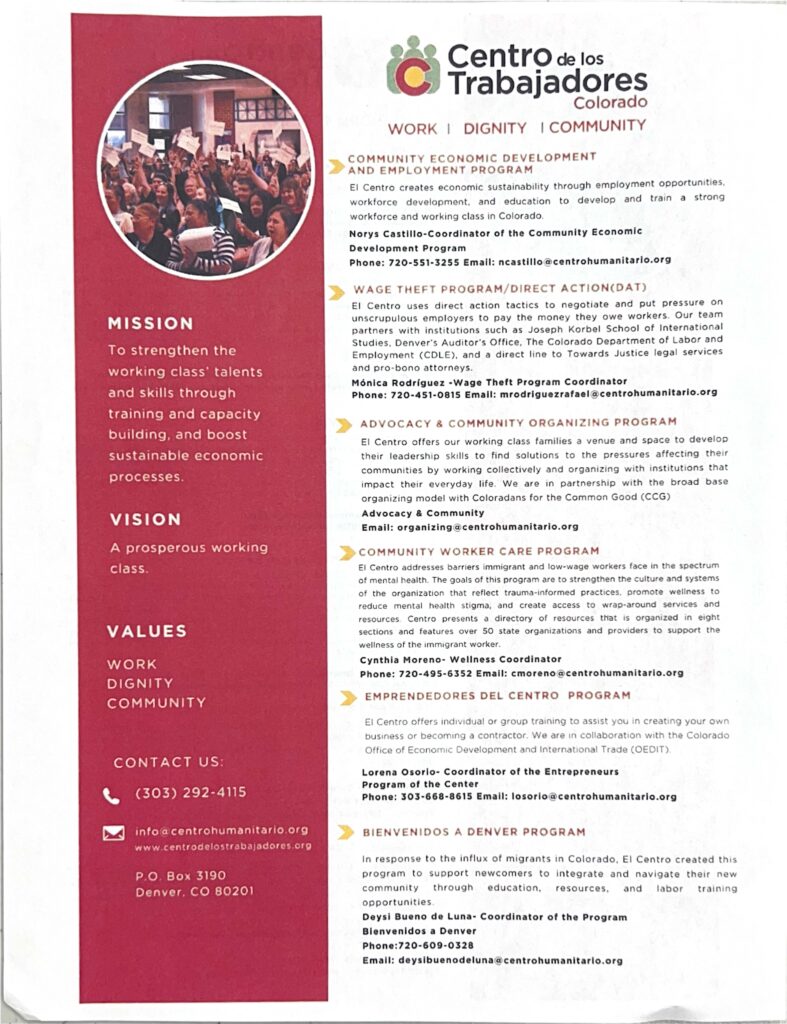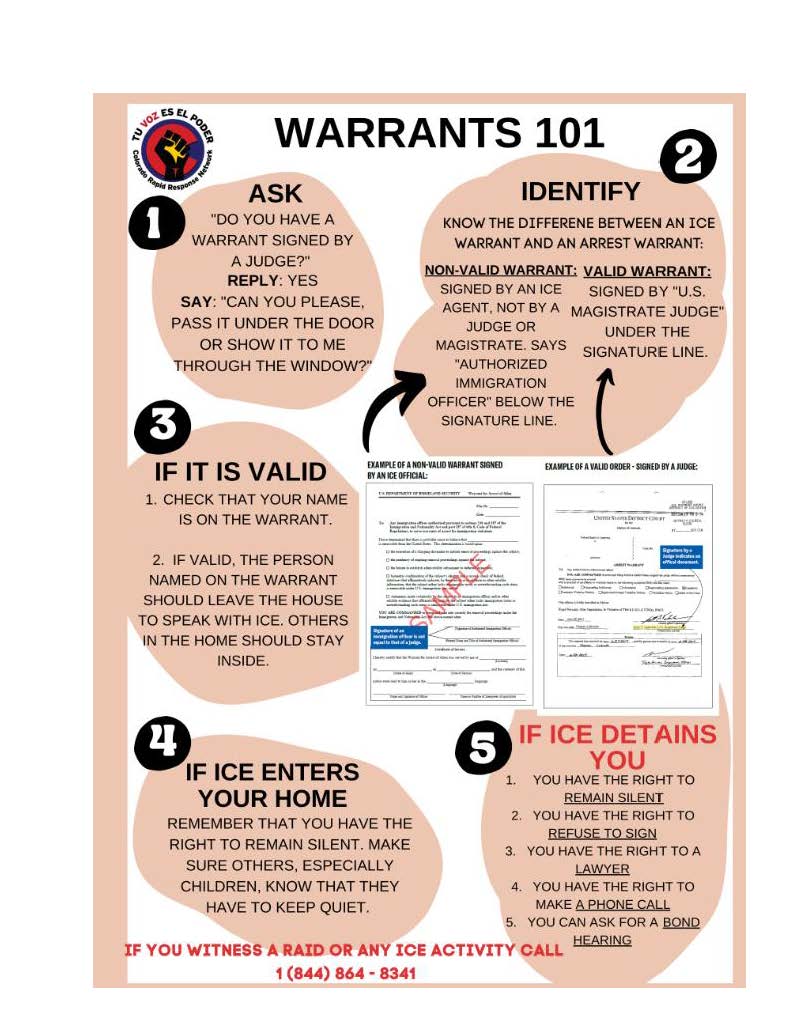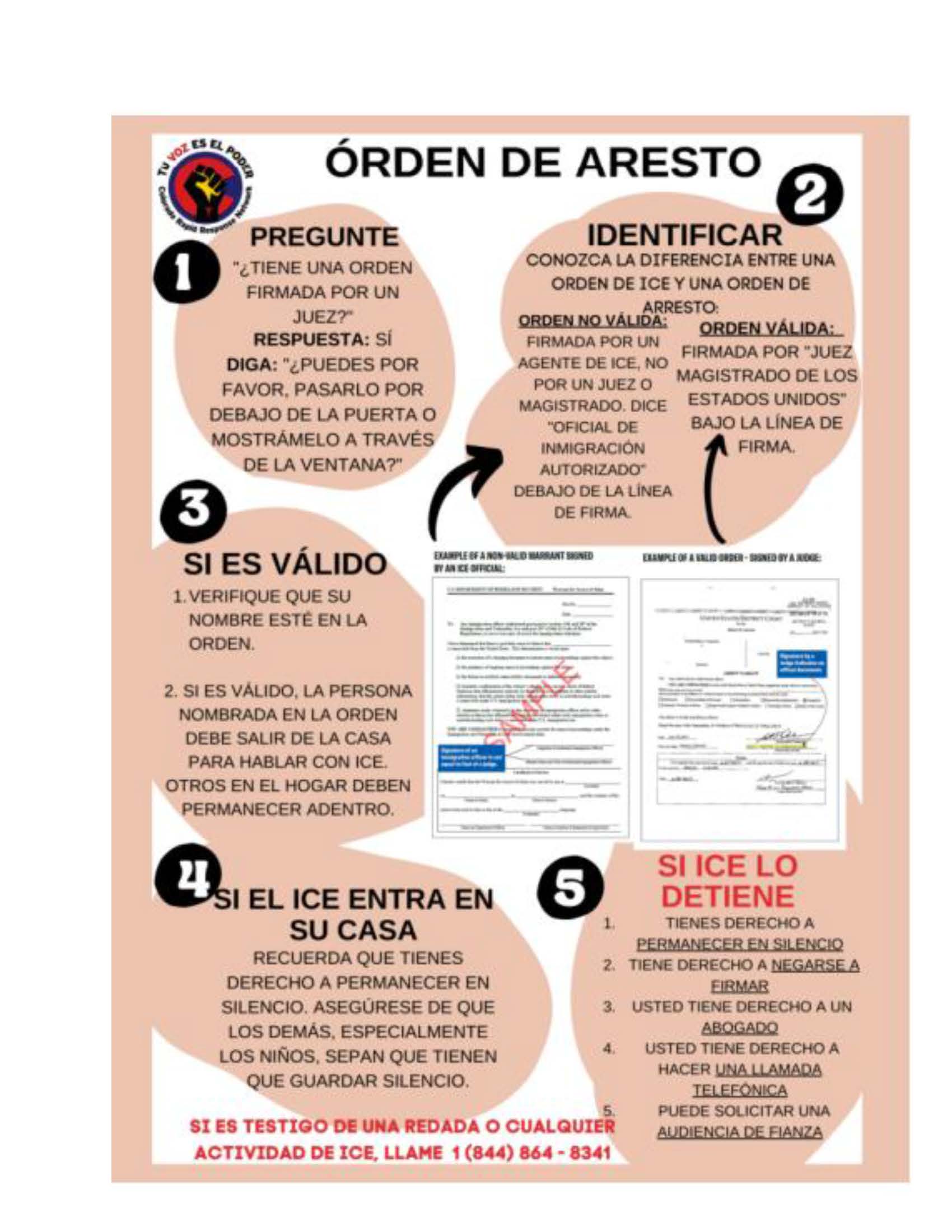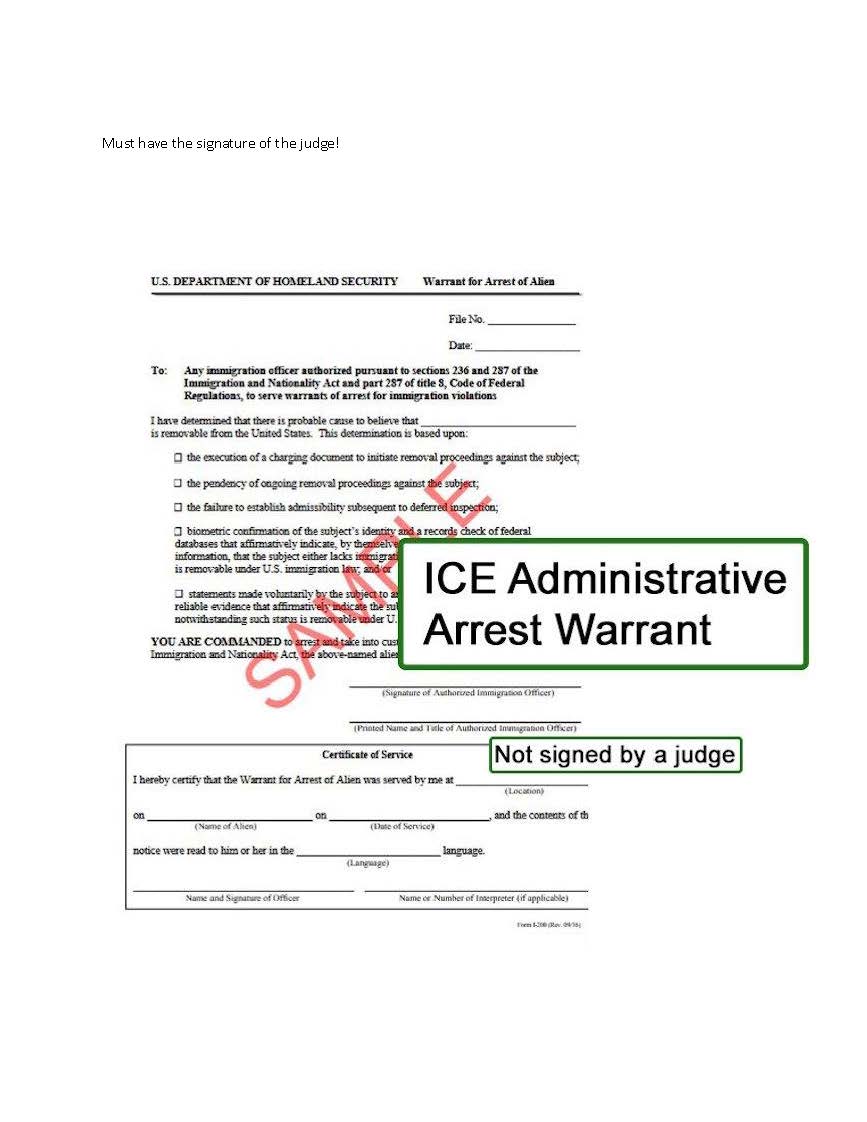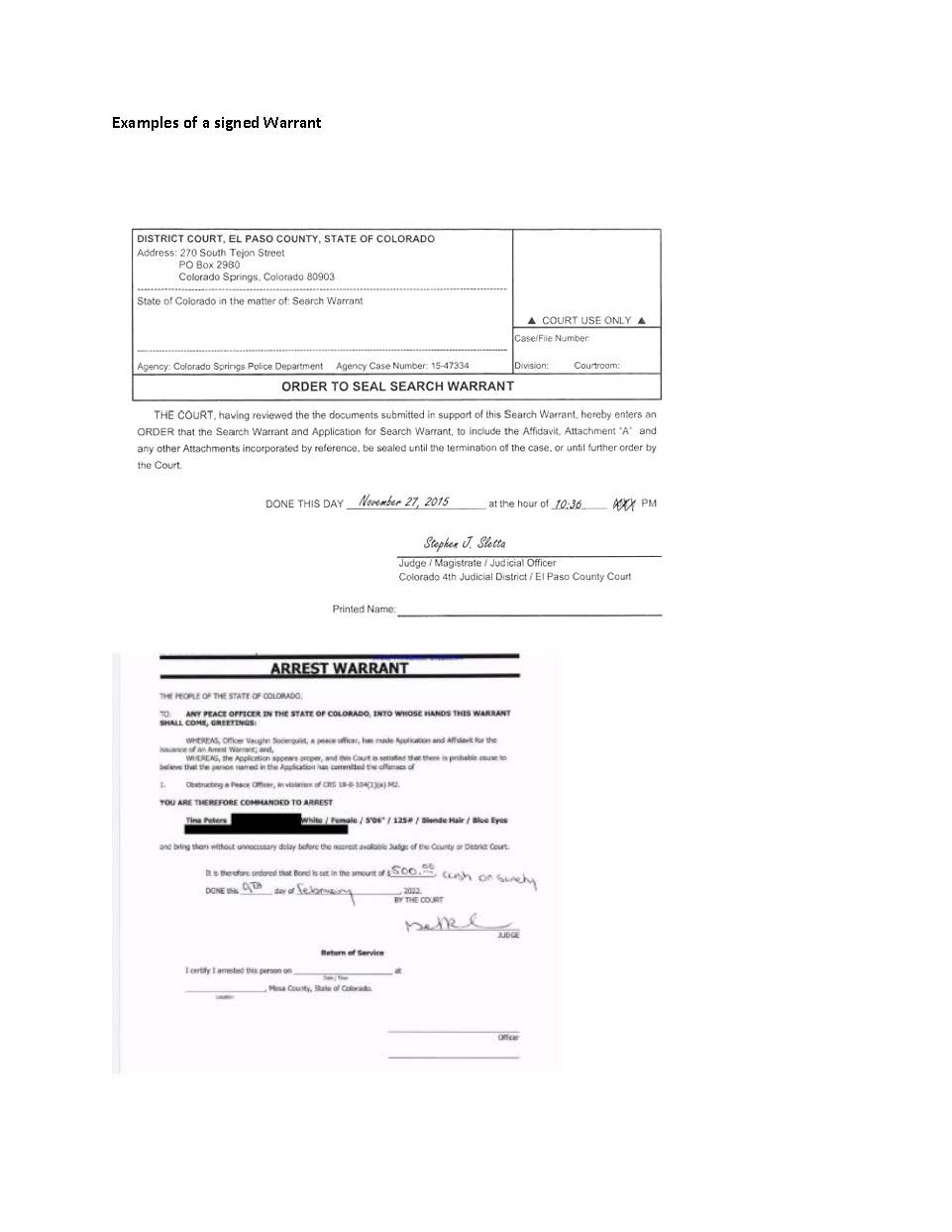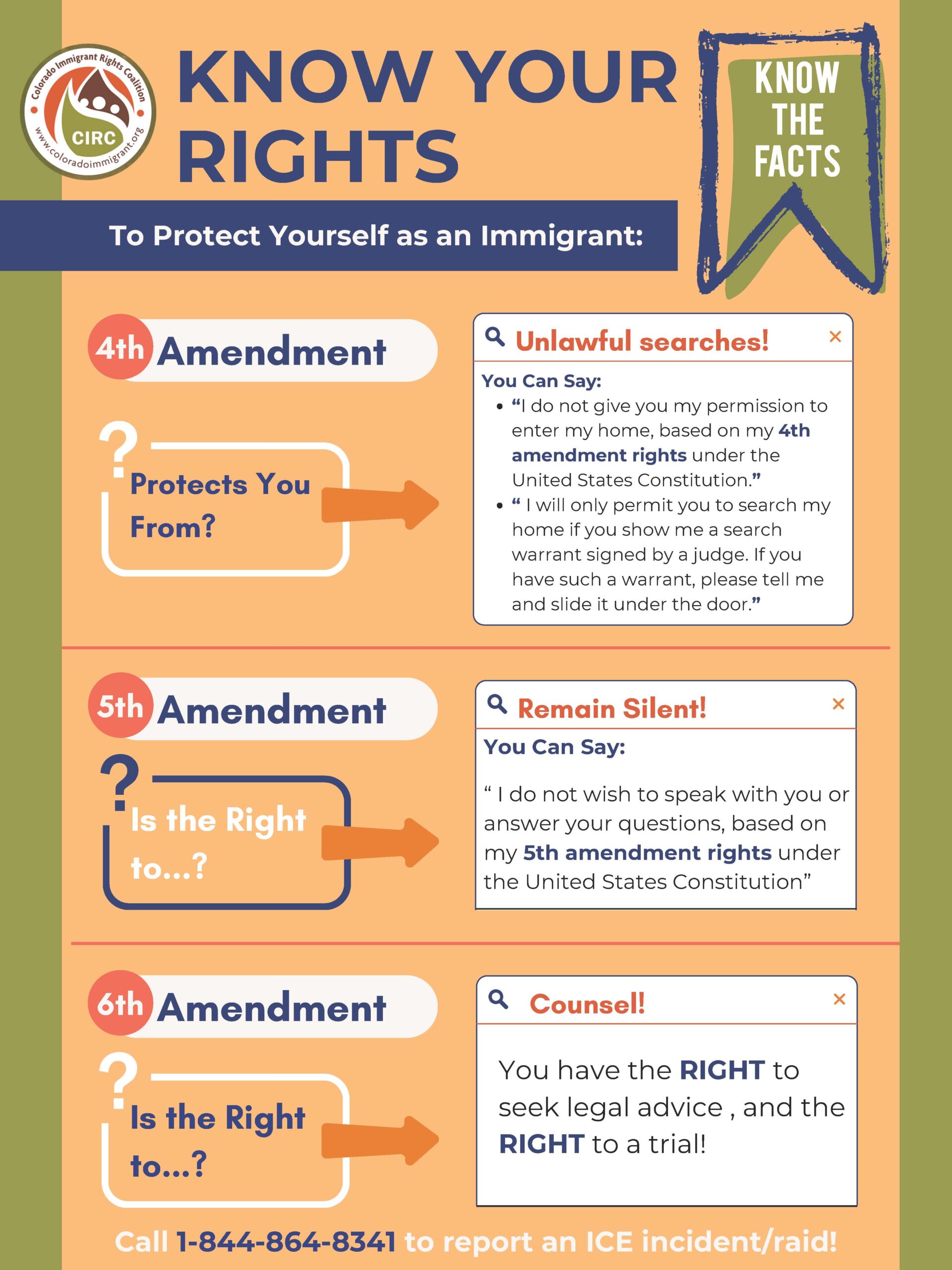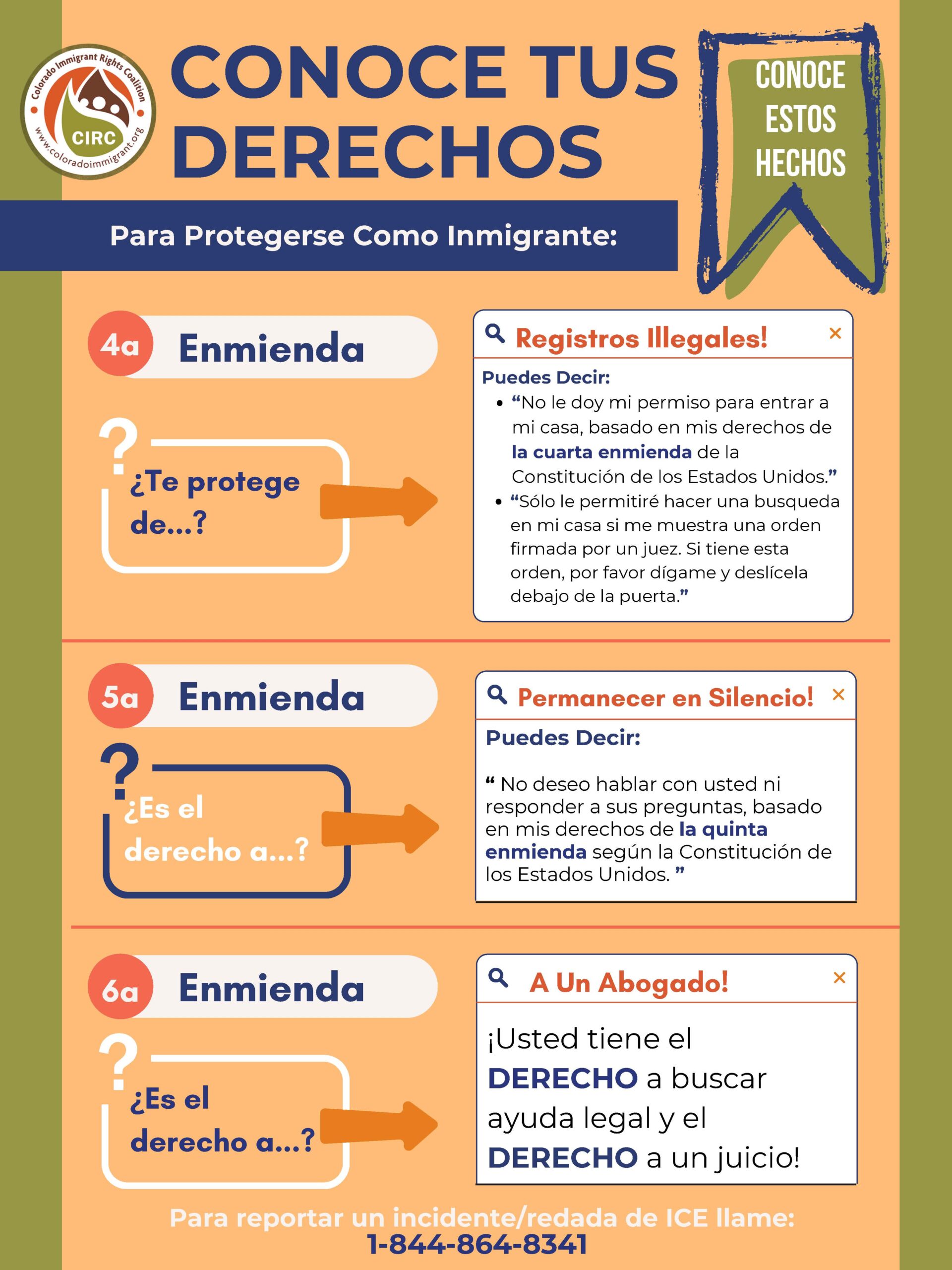Immigration References for Additional Information and Services
The USCCB Justice for Immigrants (JFI) offers to educate the public, especially the Catholic community, including Catholic public officials, about Church teaching on migration and immigrants: https://www.usccb.org/offices/migration-policy/justice-immigrants
CLINIC provides training and support to a dedicated network of more than 400 Catholic and community-based immigration law providers in 49 states. They have a list of KYR (Know Your Rights) flyers in both English and Spanish and specific to:
CLINIC-Know Your Rights at the Border-Airports.pdf
CLINIC-Know Your Rights in Your Car.pdf
CLINIC-Know Your Rights in Police Custody-Jail.pdf
CLINIC-Know Your Rights in Your Home.pdf
CLINIC-Know Your Rights in Immigration Detention.pdf
CLINIC-Know Your Rights in Public Spaces.pdf
CLINIC-Know Your Rights in Removal Proceedings.pdf
CLINIC-Know Your Rights at Work.pdf
Visit there website: https://www.cliniclegal.org/resources/protecting-your-community/know-your-rights/know-your-rights-flyers
Colorado Immigrant Right Coalition (CIRC) is building a unified statewide voice to improve the lives of immigrants and refugees in Colorado and the United States. Their Know Your Rights trainings empower individuals with the tools to understand and assert their constitutional rights: https://coloradoimmigrant.org/
Justice and Mercy Legal Aid Center (JAMLAC) served 20,000 low-income community members with legal services in the greater metro Denver area. If you are in need of legal assistance but are unsure if you qualify, please review our eligibility: https://jamlac.org/ Please also note the Family Protection Plan: Family-Protection-Plan-FINAL-ENGLISH-1.pdf that they offer.
The Office of New Americans (ONA) has a monumental vision of ensuring all New Americans have equitable access to opportunity and wellbeing. A New American is defined by law as a Coloradan who has arrived, and a person who will arrive, to Colorado as an immigrant or refugee, and includes their children: https://ona.colorado.gov/
Immigrant Legal Resource Center (ilrc) provides a wide range of downloadable tools to bring clarity to complicated immigration issues: Community Resources | Immigrant Legal Resource Center | ILRC
Catholic Charities of Denver (Immigration – Catholic Charities of Denver) and Centro San Juan Diego (Legal Night – Centro San Jan Diego) offer legal nights to help answer questions from the community. Please refer to the websites for when and where.
Centro de los Trabajadores Colorado (https://centrodelostrabajadores.org/) is offering educational programs and willing to come to the parish upon request. Please reach out to Claudia Meza, Executive Administrative Assistant at 720-404-1935 for more information.

